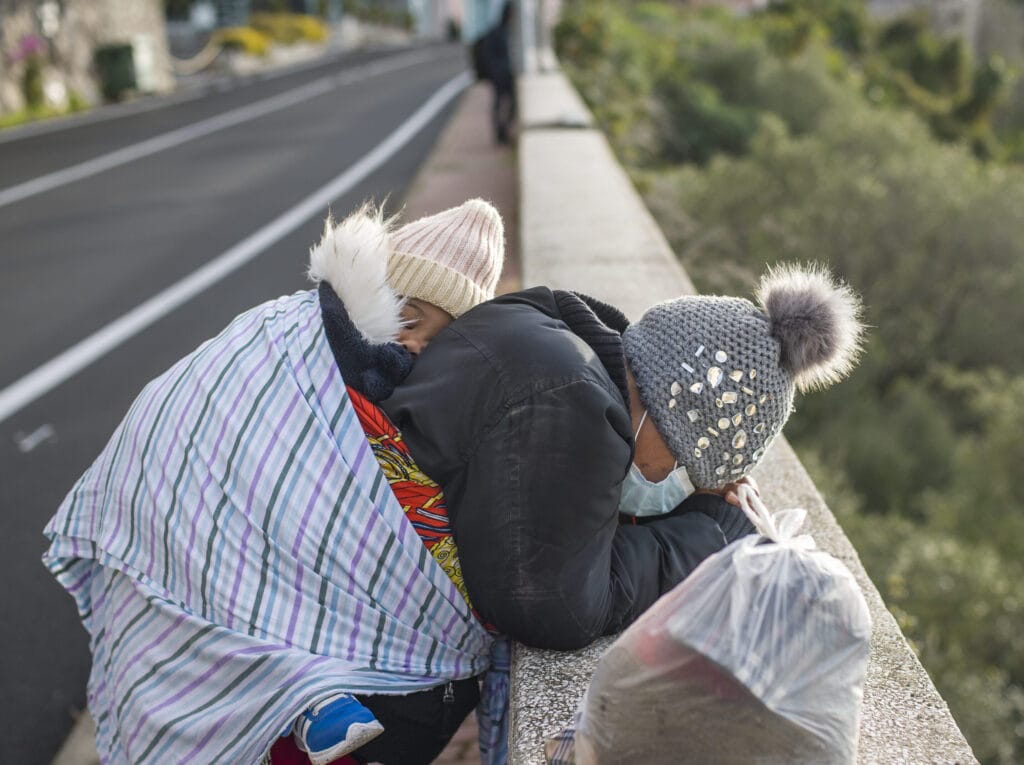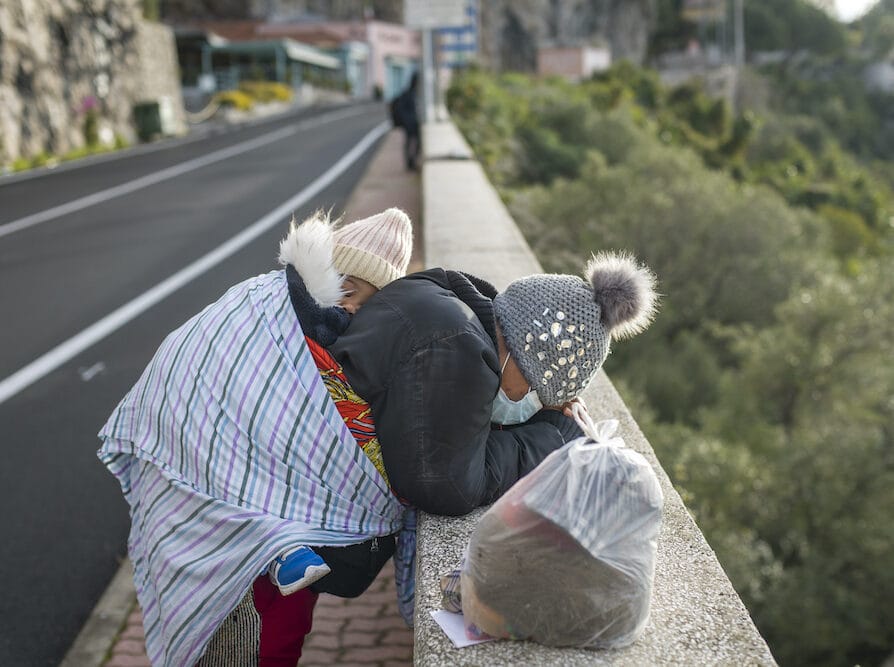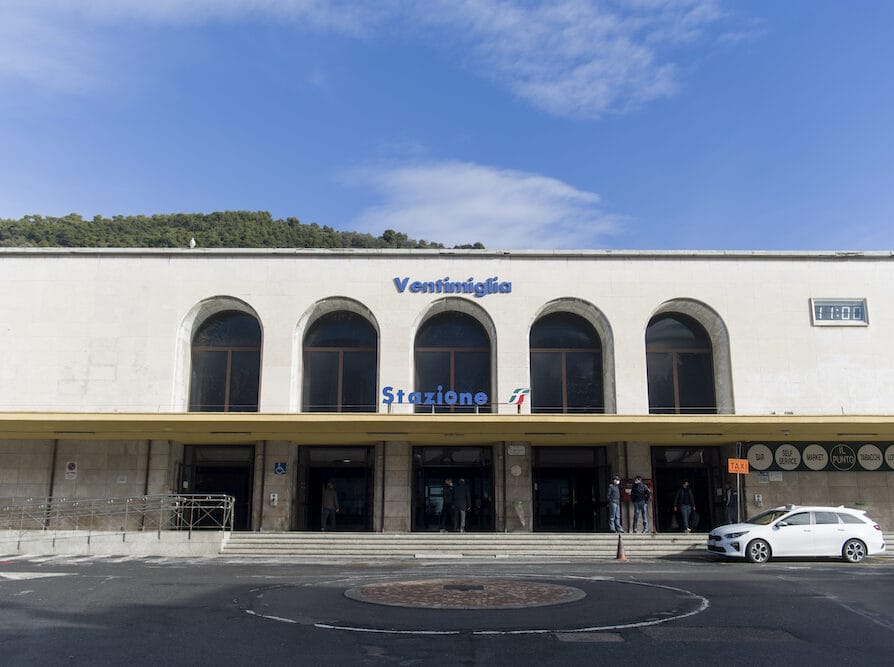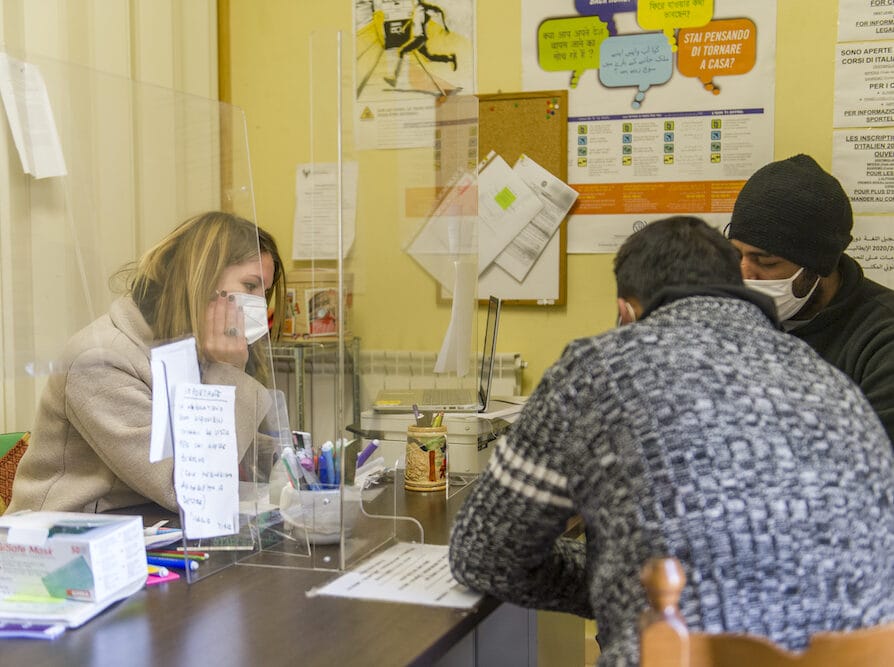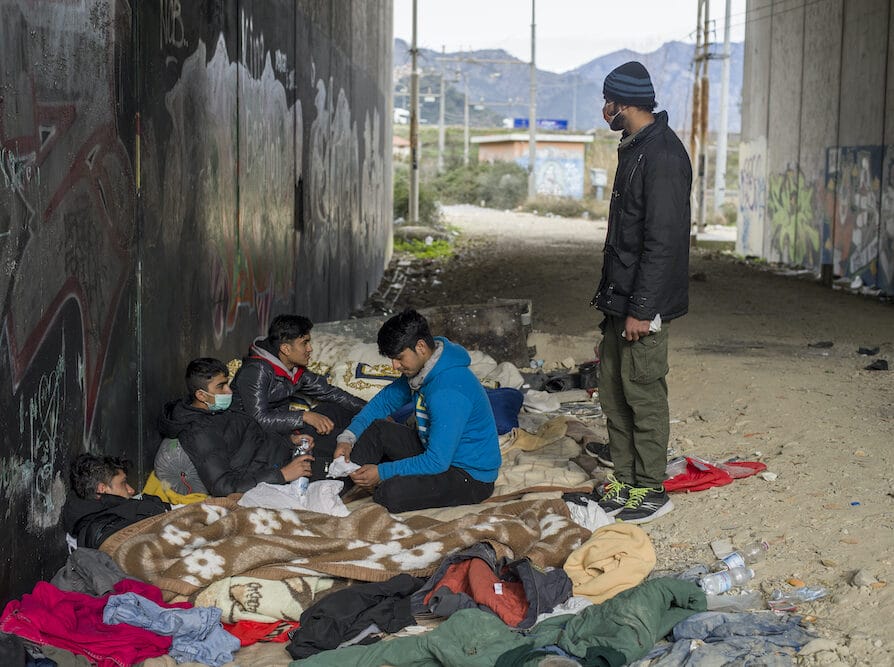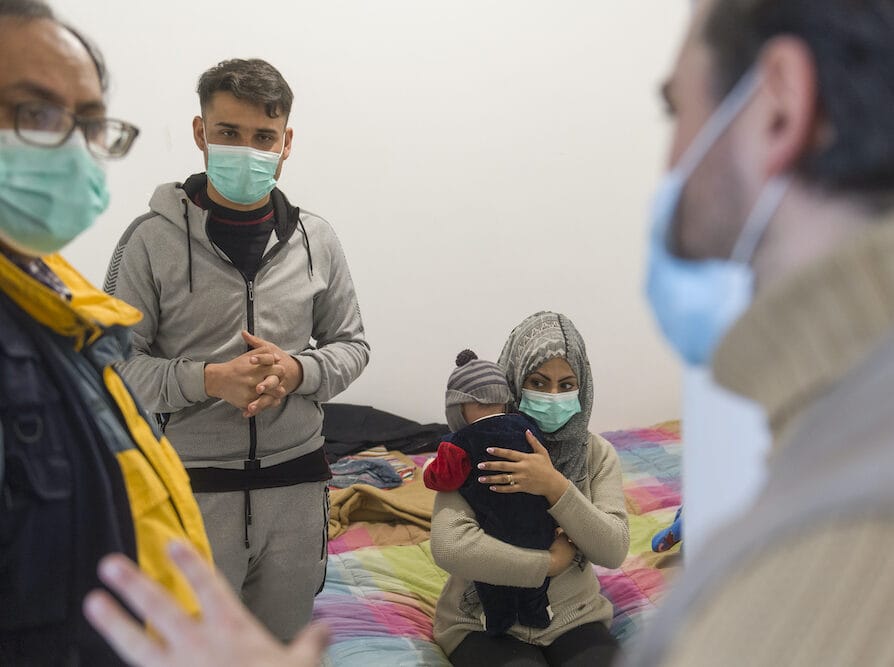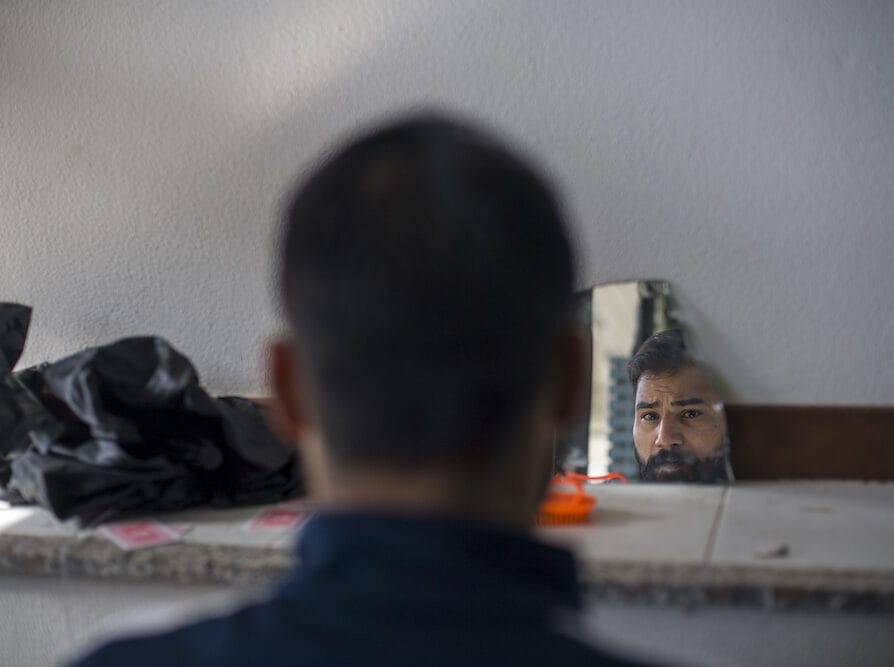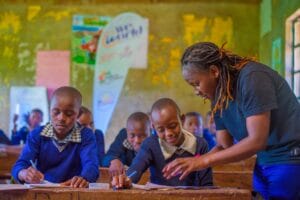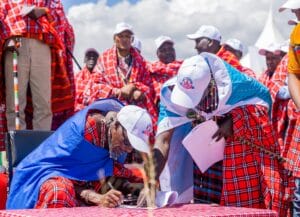
“I have been here in Ventimiglia with my 1-year-and-8-month-old daughter Precious for a few days and I would like to go to France to join her father, who lives in Marseille. I have already tried to cross the border three times , always by train, but I was always denied entry. Once I wore a blonde wig, to be less recognizable, another time a cap that covered my curly African hair. They took me to the French barracks, in the ‘containers’: there is nothing there, just a chair where I rested with my baby in my arms, nothing else." Ifeoma is 28 years old, she comes from Nigeria and is in Ventimiglia as she wants to cross the border with France. In 2020, however, over 22,000 people were turned back at the border.
This is why, on World Refugee Day (Sunday, 20 June), we want to tell her story, and that of many others. They are included in the report "Ventimiglia, the journey of migrants between the pandemic and new shelters", which aims to shed light on the stories of those who, every day, arrive in Ventimiglia in search of a better life: invisible people often trapped in an infinite cycle of departures and denied entries.
Many migrants arrive in Ventimiglia after disembarking in Lampedusa, others come from the Balkan route. Then there are those who have been living in Italy for years, but who have lost humanitarian protection or who have been denied polical asylum by the Territorial Commission. There are also the so-called "Dublinati" (Dublin Treaty migrants), who were intercepted in another European state and sent back to Italy: the first country in which they were identified, according to the provisions of the treaty.
"Most attempts to cross the border fail and migrants - including unaccompanied minors - are brought back to Italy,” said Marco Chiesara, President of WeWorld. “However, people keep trying to cross the border, often relying on “passeurs”, hidden in a car trunk or in the back of a truck.”
About 30,000 migrants arrive in Ventimiglia every year. Since the closure of the Red Cross’ Campo Roja – which welcomed migrants in transit- those who cannot cross the border and continue their journey have nowhere to stay in the city. About 300 people a day in the last month. At night, men, women and children seek shelter in various places.
To make up for the closure of the Campo Roja, along with Caritas and the Waldensian Diaconia, we opened a shelter for families and women in November 2020. To date, we have welcomed 222 families, of whom 127 are men, 258 women and 208 minors. Of these, 14.41% come from Asia, 12.61% from North Africa and 73.42% from Sub-Saharan Africa.
"After I was released, the bus that would take me to Venimiglia did not come. I would have had to walk more than eight kilometers with the suitcase and the baby in my arms, but luckily WeWorld staff memebers took me back and provided me with a place to sleep,” concludes Ifeoma. “My dream is to join my partner in France. I really like cooking and I would like to work as a cook, making Italian food, especially pasta.”

